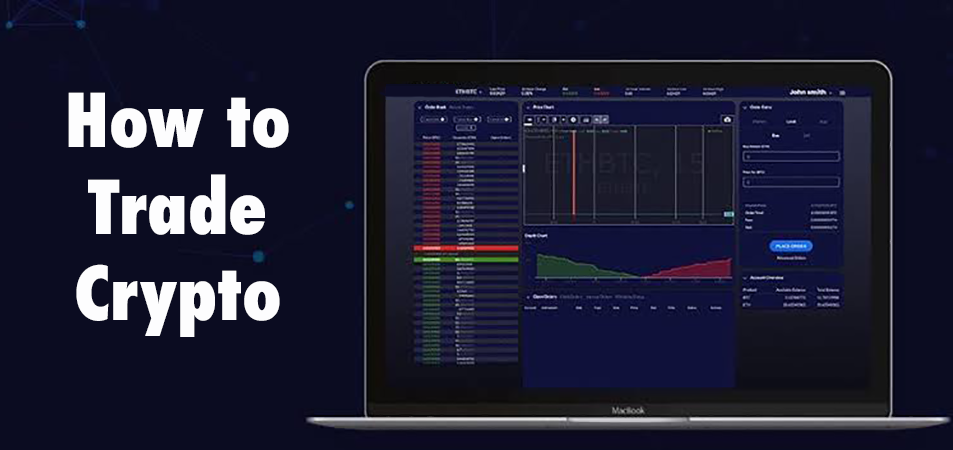Cryptocurrency trading is the act of hypothesizing on cryptocurrency cost motions through a CFD trading account, or buying and selling the underlying coins through an exchange. CFDs trading are derivatives, which enable you to speculate on cryptocurrency price movements without taking ownership of the underlying coins. You can go long (' purchase') if you think a cryptocurrency will rise in value, or brief (' offer') if you think it will fall.
Your revenue or loss are still computed according to how to trade crypto the full size of your position, so take advantage of will amplify both revenues and losses. When you buy cryptocurrencies via an exchange, you acquire the coins themselves. You'll require to produce an exchange account, set up the full worth of the asset to open a position, and store the cryptocurrency tokens in your own wallet up until you're prepared to sell.
Many exchanges also have limitations on how much you can transfer, while accounts can be really costly to maintain. Cryptocurrency markets are decentralised, which implies they are not released or backed by a main authority such as a government. Rather, they stumble upon a network of computers. However, cryptocurrencies can be bought and offered via exchanges and stored in 'wallets'.
 How to Trade Cryptocurrency! - YouTubeyoutube.com
How to Trade Cryptocurrency! - YouTubeyoutube.com
When a user wishes to send out cryptocurrency units to another user, they send it to that user's digital wallet. The transaction isn't thought about last until it has actually been verified and added to the blockchain through a procedure called mining. This is likewise how new cryptocurrency tokens are usually developed. A blockchain is a shared digital register of taped information.
To select the very best exchange for your requirements, it is essential to fully comprehend the kinds of exchanges. The first and most typical type of exchange is the central exchange. Popular exchanges that fall into this category are Coinbase, Binance, Kraken, and Gemini. These exchanges are personal companies that use platforms to trade cryptocurrency.
The exchanges noted above all have active trading, high volumes, and liquidity. That said, centralized exchanges are not in line with the philosophy of Bitcoin. They work on their own private servers which develops a vector of attack. If the servers of the business were to be jeopardized, the entire system could be shut down for some time.
The larger, more popular centralized exchanges are by far the easiest on-ramp for new users and they even provide some level of insurance coverage need to their systems stop working. While this is true, when cryptocurrency is acquired on these exchanges it is stored within their custodial wallets and not in your own wallet that you own the keys to.
Should your computer and your Coinbase account, for example, end up being compromised, your funds would be lost and you would not likely have the ability to claim insurance. This is why it is necessary to withdraw any large amounts and practice safe storage. Decentralized exchanges operate in the same manner that Great post to read Bitcoin does.
Rather, believe of it as Look at this website a server, except that each computer system within the server is expanded throughout the world and each computer that comprises one part of that server is controlled by an individual. If one of these computer systems switches off, it has no result on the network as an entire due to the fact that there are lots of other computers that will continue running the network.